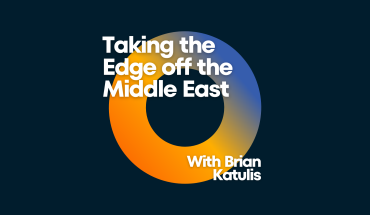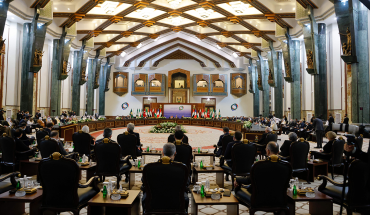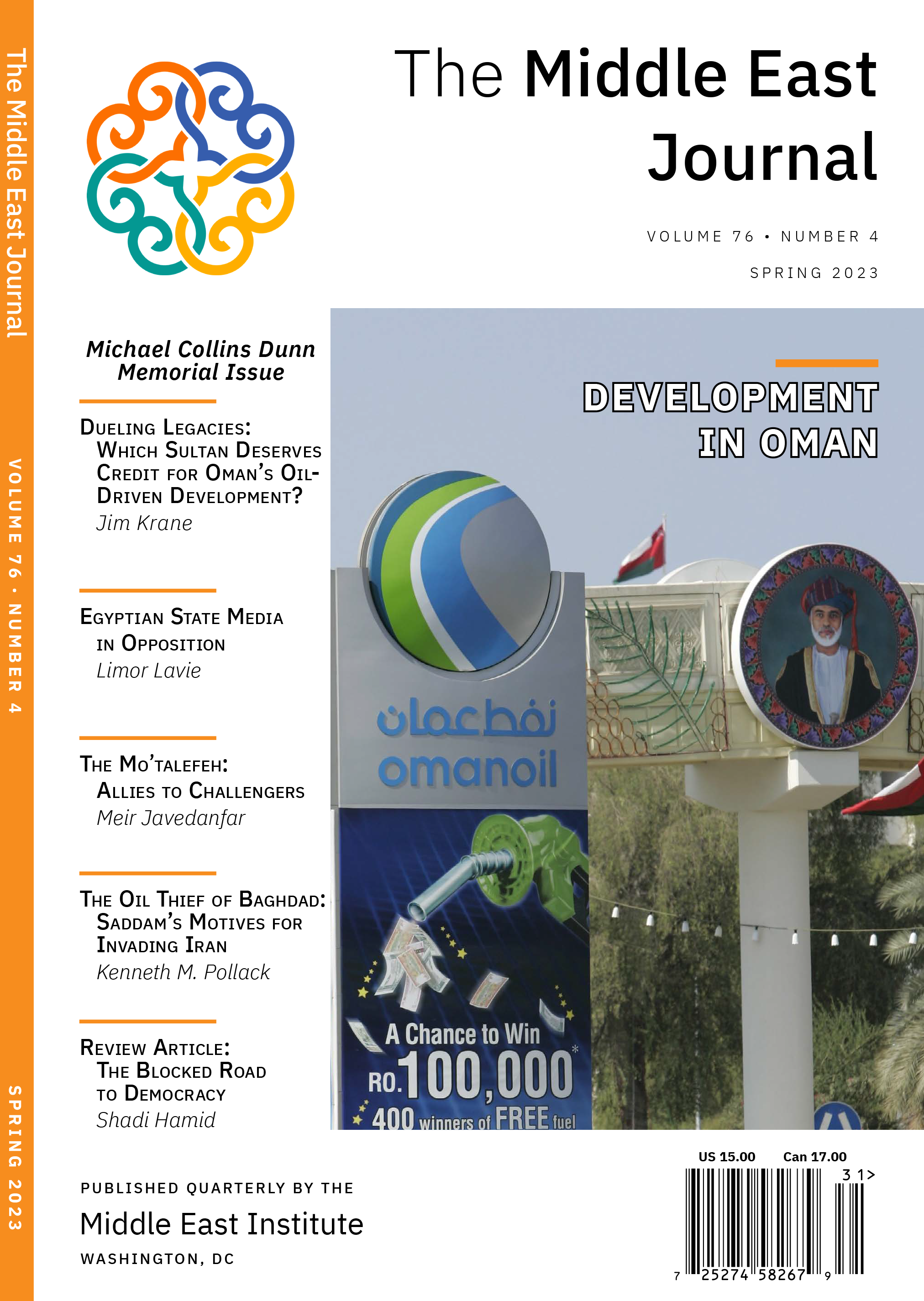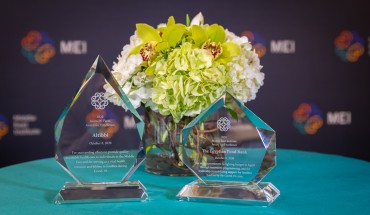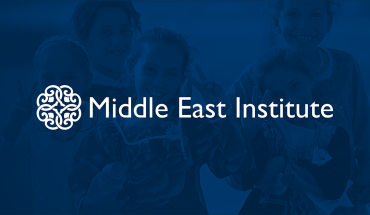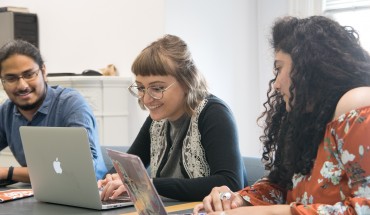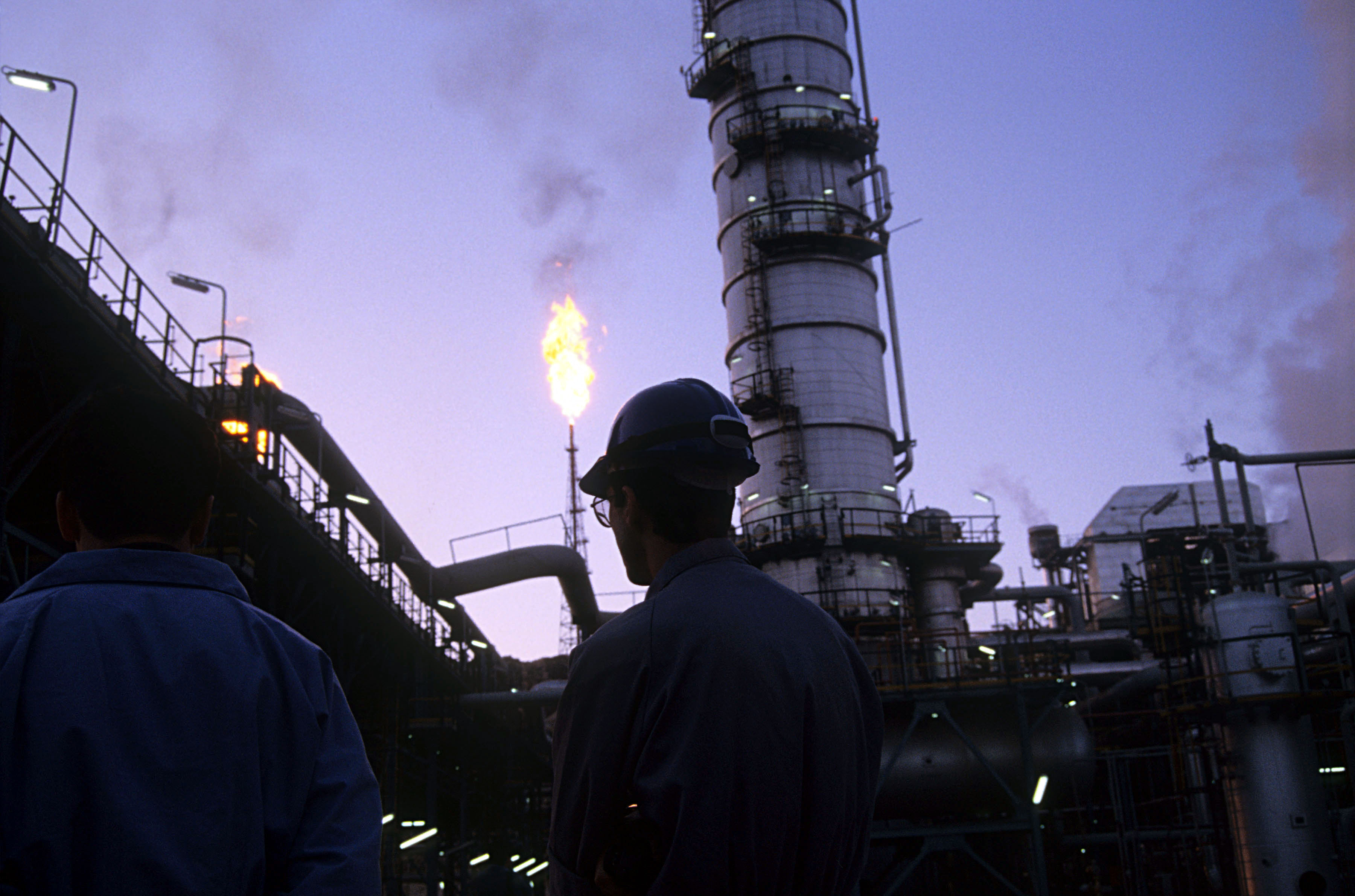Iran’s combined oil and gas reserves are the largest of any country in the world. And yet the government has long failed to generate policies that would enable the country to benefit from its huge natural resources. Some of these shortcomings are international in nature, such as sanctions. Many others are rooted in poor macroeconomic policies and populist initiatives replacing competent and realistic policy choices. Given this reality, how well, or not, is Iran placed to be able to confront the global trend away from hydrocarbons in the coming decades? Some of Iran’s oil and gas-exporting neighbors have invested much in preparing their economies for the post-hydrocarbon era. In this regard, how does Iran compare in regional and global contexts? At the same time, how do the obstacles that stand in the way of Iran fully reintegrating into the global economy hamper its ability to weather the coming impacts of climate change, including rising temperatures, water scarcity, and related challenges, all of which are forecast to be particularly severe in the Middle East?
To answer these and related questions about Iran’s energy and climate future, please join MEI for an online discussion featuring a panel of leading energy security, oil and gas sector, and regional experts.
Speakers
Hossein Razavi
Head of Global Energy Practice, Centennial Group
Nadereh Chamlou
Nonresident Senior Fellow, empowerME, Rafik Hariri Center & Middle East programs, Atlantic Council
Hossein Ebneyousef
International Oil and Gas Consultant
Shahrokh Fardoust
Non-Resident Scholar, Middle East Institute
Alex Vatanka, moderator
Director, Iran Program; Senior Fellow, Black Sea Program, Middle East Institute
Detailed Speaker Biographies
Hossein Razavi
Hossein Razavi works as the head of global energy practice at Centennial Group International. Prior to joining the Centennial Group, he worked at the World Bank for 25 years, during which time he served a number of managerial and professional positions, including the chief of the Oil and Gas Division, the director of the Energy Department, and the director of Private Sector Development. He has worked extensively in the countries of Central Asia, Eastern Europe, East Asia, and Middle East and North Africa. He also serves on the editorial board of the Energy Journal.
Nadereh Chamlou
Nadereh Chamlou is a nonresident senior fellow at the Atlantic Council’s empowerME initiative and an international development advisor. Previously, she was a senior advisor at the World Bank, where she held managerial, technical, coordination, and advisory positions in such fields as economic management, corporate governance, private sector development, financial markets, environment, infrastructure, and gender for over 30 years.
Hossein Ebneyousef
Hossein Ebneyousef is an international oil and gas consultant. From 1988 until 2019, he served as the president of International Petroleum Enterprises. Prior to that, Hossein worked for Atlantic Richfield Company (ARCO) for 14 years: for six years he served ARCO International on projects in the Middle East; another six years with ARCO Oil & Gas on evaluating oil- and gas-producing properties for time rating of reserves and coordination of legal, geological, engineering, operation and business evaluation efforts toward acquisition or sales of oil and gas properties; and two years with ARCO’s Corporate Planning on identification and analyses of critical global oil-related issues and response strategies.
Shahrokh Fardoust
Shahrokh Fardoust is a research professor at the Institute of the Theory and Practice of International Relations at the College of William and Mary. He has more than 30 years of experience in crafting economic development policy and analyzing the global economy and prospects. From 2008 to 2011, he was director of strategy and operations for development economics at the World Bank, where he contributed to the research and policy priorities of the chief economist and ensured the operational relevance of the World Bank’s research.
Alex Vatanka
Alex Vatanka is the founding director of the Iran Program at the Middle East Institute. He specializes in Middle Eastern regional security affairs with a particular focus on Iran. He was formerly a senior analyst at Jane’s Information Group in London. Vatanka is also a senior fellow in Middle East studies at the U.S. Air Force Special Operations School (USAFSOS) at Hurlburt Field and teaches as an adjunct professor at DISAS at Wright-Patterson Air Force Base. He has testified before the U.S. Congress and lectured widely for both governmental and commercial audiences, including the U.S. Departments of State and Defense, U.S. intelligence agencies, and a list of international corporations.
Photo by Kaveh Kazemi/Getty Images






